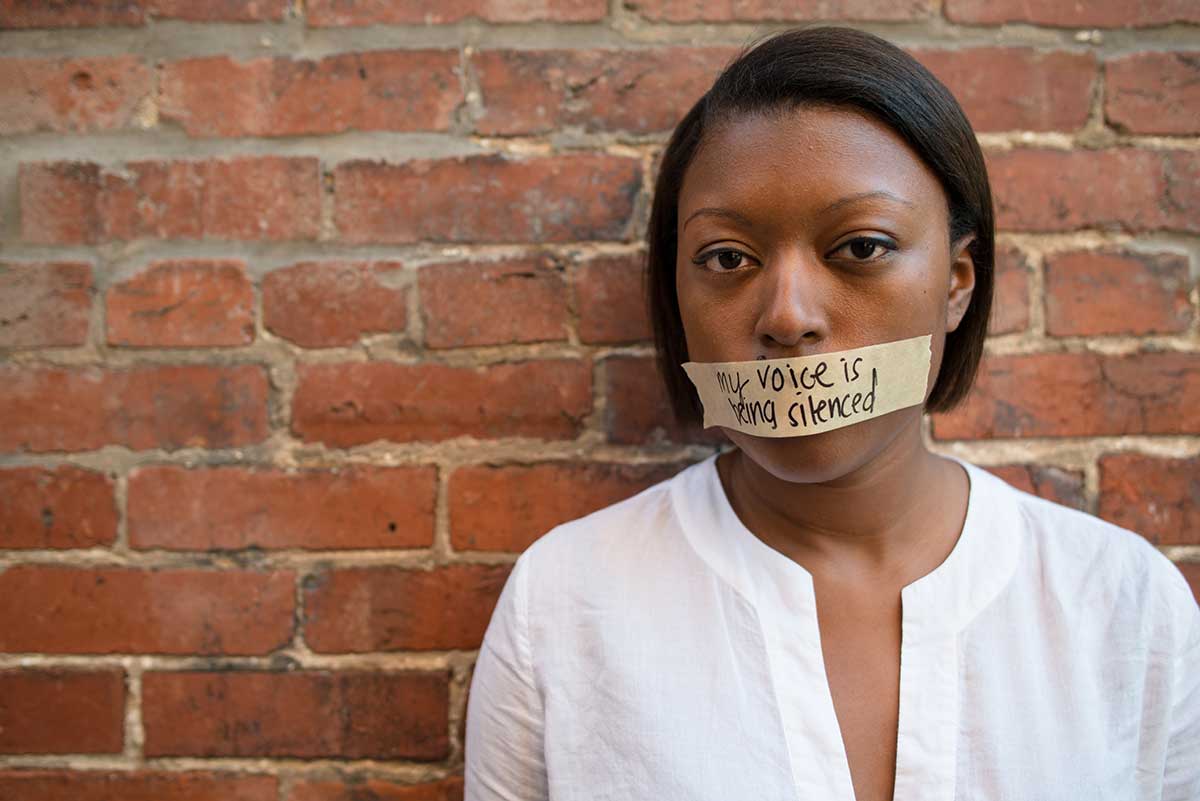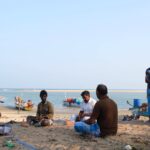This article was published more than 5 years ago.
This article is part of a series featuring inspiring stories of local action #fromthefrontlines of COVID-19 in the Global South. For more, visit our COVID-19 page and follow us on Facebook and Twitter.
Across the globe, states have taken drastic measures to safeguard their citizens from the threat of COVID-19. But as authoritarian and populist governments exploit the pandemic to consolidate power and curb dissent, these actions, left unchecked, could significantly impact fundamental freedoms.
At the Fund for Global Human Rights, we have been tracking the deleterious impact of COVID-19 on the worldwide network of frontline activists we support. Now, in “Three Ways Human Rights Groups Can Create Hope During COVID-19: An OGR Guide on Hope-Based Communications”—written with our friends at JustLabs—we’ve helped outline three key ways human rights defenders can push back against the populists, strengthen the bonds of community, and create hope during COVID-19.
Confronted with a dire public health emergency, illiberal regimes have fallen back on their old tricks—reframing the crisis as a war to justify harsh measures, seeding disinformation or preventing the spread of accurate information, and using the spectacle of crisis to inflame tensions. Based on available data and on-the-ground accounts, we’ve observed three troubling trends emerge.
From Latin America to Central Europe, the pandemic has prompted sweeping legislative, executive, and regulatory overreach, resulting in the proliferation of unduly restrictive laws, unchecked state power, and intrusive surveillance.
In Guatemala, for example, the government has suspended key constitutional freedoms, which has limited activists’ ability to support at-risk communities or document human rights violations. Some countries, like the Philippines, have introduced restrictive controls on free speech and independent media. Others have set up sophisticated tracking systems that encroach on personal privacies, such as Mexico’s efforts to surveil cell phone data.

This pattern of unaccountable state power presages a second alarming trend: the increasing militarization of the pandemic response.
Under the guise of fighting an “invisible enemy,” security forces have been tasked with enforcing stay-at-home policies and quelling unrest or popular dissent. Unsurprisingly, this has resulted in a rash of wanton violence. In Kenya and Nigeria, local activists report near daily incidents, as police and soldiers beat, whip, and kill people who have broken curfew or disobeyed government directives in their overriding need to find food or other essentials.
This spike in state-sanctioned violence has been accompanied by a disturbing uptick in incidents of rhetorical and physical abuse toward minority communities, vulnerable people, and human rights defenders.
In Uganda, local activists say that police have used a presidential directive on social distancing as pretext to persecute the country’s marginalized LGBTQ population. In India, after Hindu mob attacks on Muslims in Delhi left more than fifty dead in early March, leaders of the ruling Bharatiya Janata Party (BJP) have fueled conspiracy theories that Muslims are spreading the coronavirus.
Taken together, these three trends exemplify a decades-long campaign by populists and authoritarians to exploit crises and delegitimize, stigmatize, or even endanger human rights defenders.
In response, JustLabs and the Fund have released a new guide to support activists, who—against all odds—are continuing to push back against populist rhetoric and ensure marginalized or vulnerable communities are supported through the pandemic. For human rights defenders, it is more important than ever that they stem the tide of disinformation and despair with a bold narrative that promises something in short supply: hope.

From talking about community to focusing on collective action, the guide provides learning and tactical solutions on how human rights groups can shift public discussion away from the divisive narrative perpetuated by authoritarian governments.
As activists and advocates support their communities through this complex global moment, we hope that this guide can serve as a roadmap for a new narrative—one which promises that, together, we can weather this storm and see a better day.
“Three Ways Human Rights Groups Can Create Hope During COVID-19: An OGR Guide on Hope-Based Communications” is available online in English, Arabic, and French.


